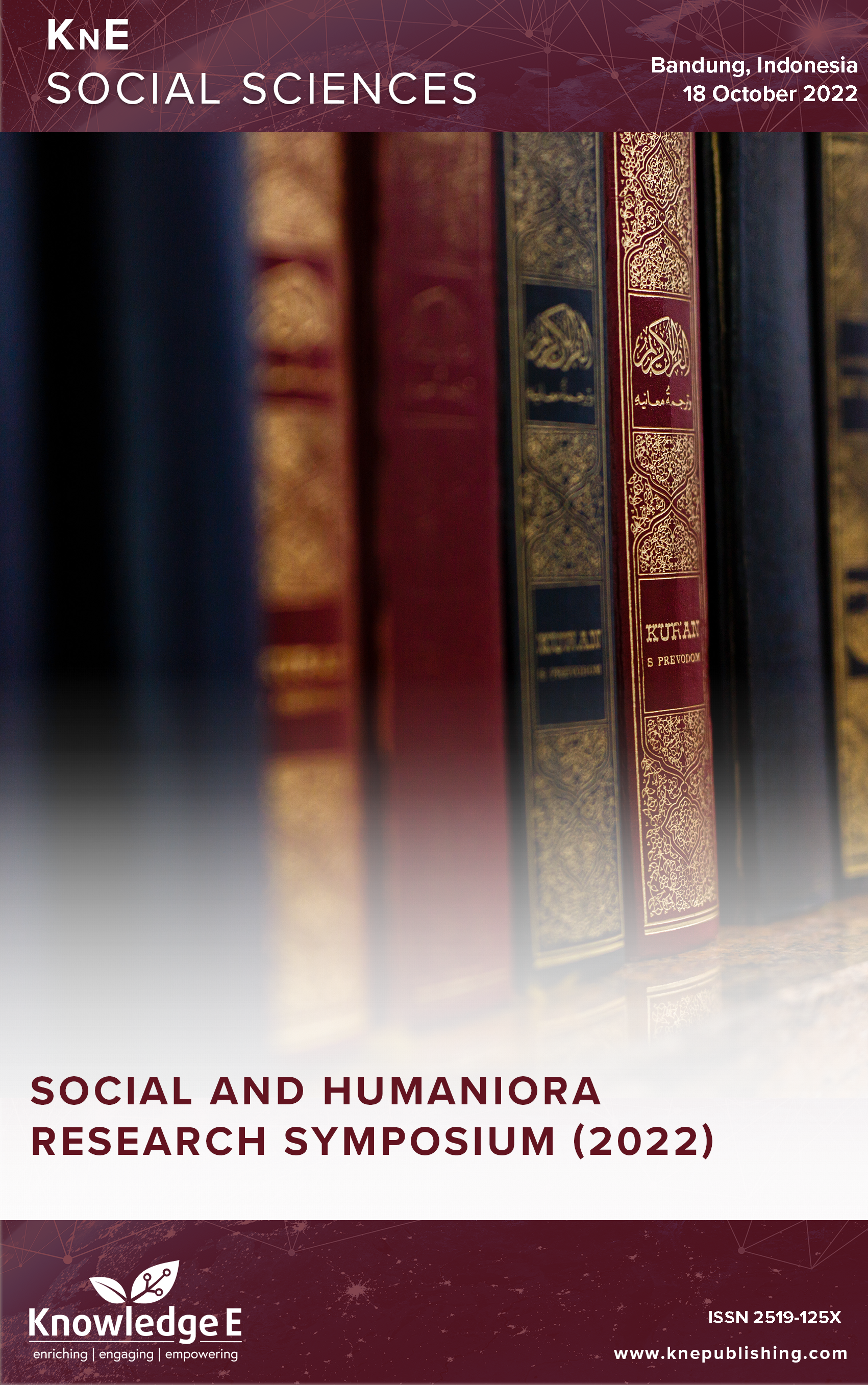Implementation of Religious Moderation Character Education Strengthening Program to High School Students in Bandung
DOI:
https://doi.org/10.18502/kss.v8i18.14216Abstract
This research is motivated by the phenomenon of the existence of students who lack mutual respect and respect, feel right on their own or based on their group, blame the worship of others who are different, and do not want to mingle with different internal and external religious people. This study aims to describe the implementation of religious moderation in generation Z students at SMA Negeri 3 and 5 Bandung City regarding the planning, implementation, evaluation, and monitoring process, as well as the results and follow-up. The research approach used is qualitative with a descriptive analysis method. The results showed that the planning for the Strengthening of Religious Moderation Character Education program was prepared through the formation of a School Development Team, a Character Education Strengthening Team under the vice principal for Student Affairs by making an annual program. Implementation of the program through a strategy of integrating learning in the classroom by all subject teachers, especially Religious Education and Civics, through habituation and school culture, and collaboration with parties outside the school. Evaluation is carried out through annual, monthly, and incidental work meetings; and regular monitoring by the principal, supervisors, and school management. The results obtained are changes in attitudes and behavior of students to become more tolerant and moderate without recognizing differences.
Keywords: Strengthening Character Education; Religious Moderation; Generation Z
References
[2] Cerit Y. The role of leaders in peace building. Adv Early Child K-12 Educ. 2020;9(1):158–178.
[3] Cohan A, Howlett CF. Global conflicts shattered world peace: John Dewey’s influence on peace educators and practitioners. Educ Cult. 2017 Jun;33(1):59–88.
[4] Habermas J. Intolerance and discrimination. International Journal of Constitutional Law. 2003;1(1):2–12.
[5] Barnes EC. “Character control and historical moral responsibility.” Philos Stud An Int J Philos Anal Tradit. 2016 Oct;173(9):2311–2331.
[6] Iqbal MA, Mabud SA; Muhammad Adil Iqbal and Shaikh Abdul Mabud. Challenge of Globalisation to the Muslim Ummah. Strateg. Stud. 2019 Oct;39(3):73–88.
[7] Leeman CM, Birken SA, Powell BJ, et al. “Beyond ‘implementation strategies’: Classifying the full range of strategies used in implementation science and practice”. Implement Sci. 2017;12(1):1–9.
[8] Kirchner EK, Waltz JE, Powell TJ, et al. “Implementation strategies. Dissemination and implementation research in health. Transl Sci to Pract. 2017. pp. 245–266.
[9] Wahono M. Pendidikan Karakter: Suatu Kebutuhan Bagi Mahasiswa Di Era Milenial. Integralistik. 2018;29(2):1–7.
[10] T bin RN Bahri. “The <em>Wasatiyya</em> Imperative,”. Count. Terror. Trends Anal. 2012 Oct;4(9):18–20.
[11] Nurhakim HQ, Yahya W, Rasyid AM. “Tahfidzul Qur’an Learning Management At PPI 153 Al-Firdaus.” Ta dib Jurnal Pendidikan Islam. 2021;10(2):275–284.
[12] Sanusi I, Rahmawati H, Arifin BS, Ruswandi U. “PENGEMBANGAN PEMBELAJARAN PENDIDIKAN AGAMA ISLAM DI SMAN 5 BANDUNG.” Ta dib Jurnal Pendidikan Islam. 2021;10(2):297–310.

